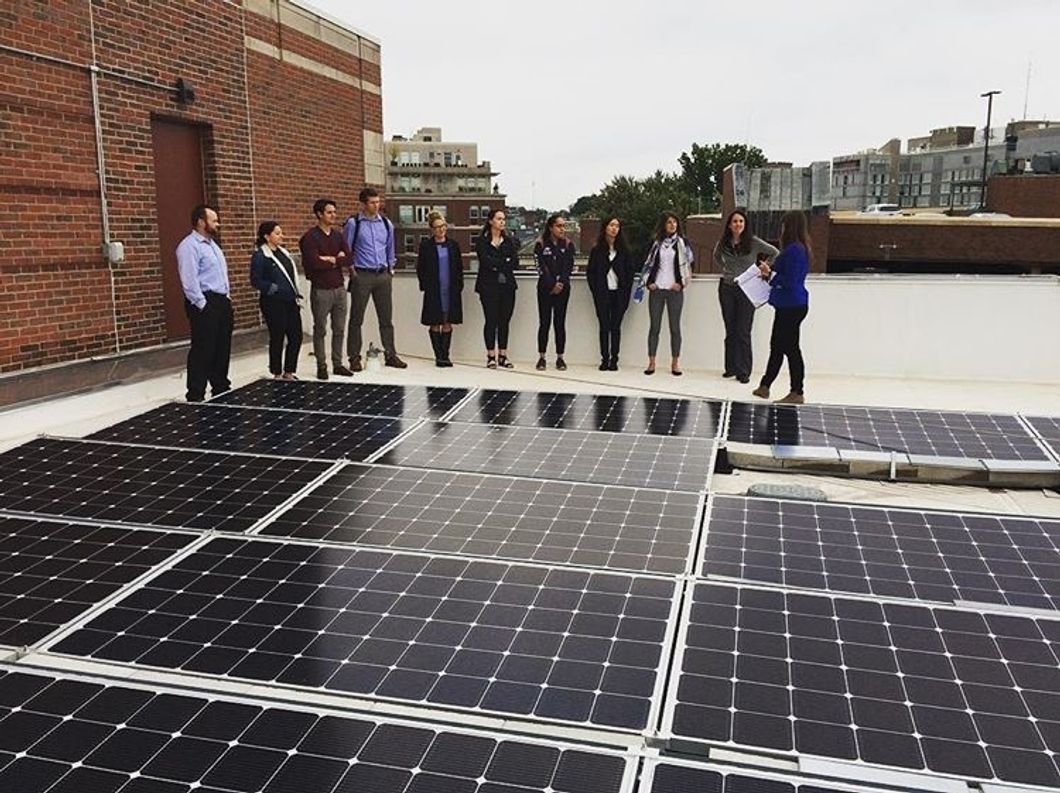Most students in the natural sciences could easily rant on the issue of climate change and its urgency. Biology professors could tell anyone how there is little disagreement among the scientific community if it is real and pressing. Yet, there is a debate about its importance, and politicians will attempt to debunk what science is screaming at us — that climate change is happening, and we are not doing enough.
One of the most common college majors is also one of the fields that makes the most decisions regarding the environment: business. Our businesses should have professionals with a background in environmental issues and sustainability so that they not only realize that it is a priority but also realize that no business or industry can be economically viable in the long-term if they are not accounting for the fact that the earth's resources are finite and being abused. We live in an era where a college degree is required for most careers in business. If we make a holistic education that requires a knowledge of problems plaguing our earth, then we will see greater progress in moving toward a sustainable future.
If we had politicians educated in sustainability and science, then we would be more eager to commit to international agreements for climate action. Maybe they would see that legislation that places regulations is not an obstacle for our economy and businesses, but an incentive to make them find ways to try not to contribute greenhouse gasses and pollutants to our atmosphere and earth.
By making an understanding of environmental issues something that we all share, we can be more effective in our conversations about a wide range of social issues. Climate change is a contributing cause of social inequalities, health epidemics, and how we will need to plan our cities and develop technology in the future. It will impact people in every profession and social class. By ensuring that our college-educated population is equipped to make decisions regarding the environment, we can prepare and reduce the impact of climate change.
Any introductory class to environmental science or sustainability can open eyes to so many small changes we can make in our everyday life to reduce our carbon or water footprint, meaning how much we as individuals are contributing to climate change. The impact our waste has, the imperfect system of recycling, and the harm the production of household goods such as red meat and palm oil could become widespread knowledge and allow people to make better decisions about their own lifestyle habits.
Many colleges have embraced the value of a liberal arts education, but our generation is going head-on with problems that are entirely new and complex. Being an environmental science major, I am biased, and I know other fields are working hard to protect the planet. But I think our educational system can support and drive the push to make positive change. The purpose of education is to have citizens that can contribute to and improve upon society. For our generation, that means working together as a society to save ourselves and our planet. And this can only be done by not ignoring our problems for the short-term convenience but preparing for a changing future.














